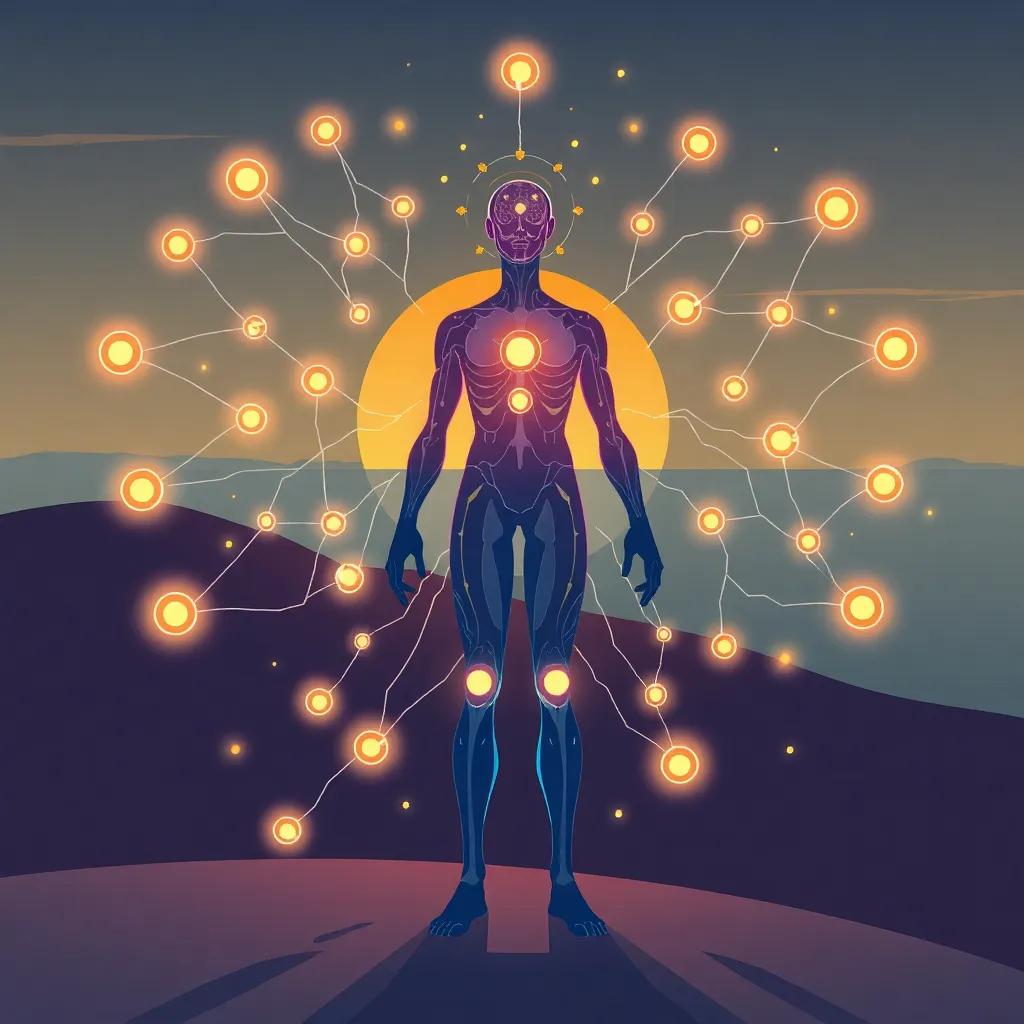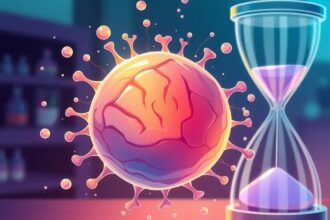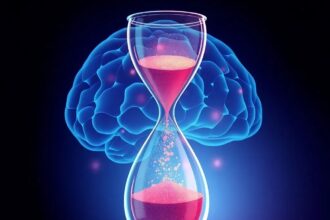Explore the science of biohacking, its health benefits, and practical tips for integrating it into daily life safely and effectively.
Biohacking leverages science and technology to optimize health and performance through small, impactful lifestyle changes.
What is Biohacking?
Biohacking refers to the practice of making small, incremental changes to your lifestyle, diet, and environment to improve your health and performance. It combines elements of biology, technology, and self-experimentation to optimize the body and mind. According to Dave Asprey, founder of Bulletproof and a prominent biohacker, Biohacking is the art and science of changing the environment around you and inside you so that you have full control of your own biology.
The Science Behind Biohacking
Biohacking is rooted in the principles of epigenetics, which studies how environmental factors can influence gene expression. Research published in the journal Nature highlights that lifestyle changes, such as diet and exercise, can activate or deactivate certain genes, leading to improved health outcomes. For example, intermittent fasting has been shown to enhance cellular repair processes, while cold exposure can boost metabolism and immune function.
Practical Biohacking Techniques
Here are some actionable biohacking strategies to incorporate into your daily routine:
- Optimize Sleep: Use sleep trackers to monitor your sleep cycles and create a bedtime routine that includes reducing blue light exposure and maintaining a cool room temperature.
- Nutrition: Focus on a nutrient-dense diet rich in antioxidants, healthy fats, and proteins. Consider intermittent fasting or time-restricted eating to improve metabolic health.
- Exercise: Incorporate high-intensity interval training (HIIT) and strength training to boost energy levels and muscle growth.
- Mindfulness: Practice meditation or breathing exercises to reduce stress and improve mental clarity.
Risks and Benefits
While biohacking offers numerous benefits, such as enhanced energy, better sleep, and improved mental focus, it is not without risks. Over-reliance on supplements or extreme practices can lead to adverse effects. Dr. Rhonda Patrick, a renowned biomedical scientist, warns, Biohacking should be approached with caution and a solid understanding of the underlying science to avoid unintended consequences.
Conclusion
Biohacking is a powerful tool for taking control of your health and performance. By making small, science-backed changes to your lifestyle, you can unlock your body’s full potential. Start with simple steps, stay informed, and consult healthcare professionals when necessary to ensure safe and effective biohacking practices.




